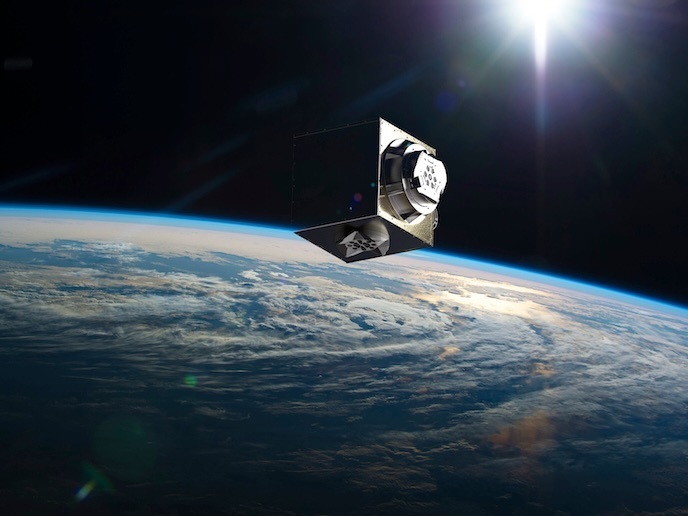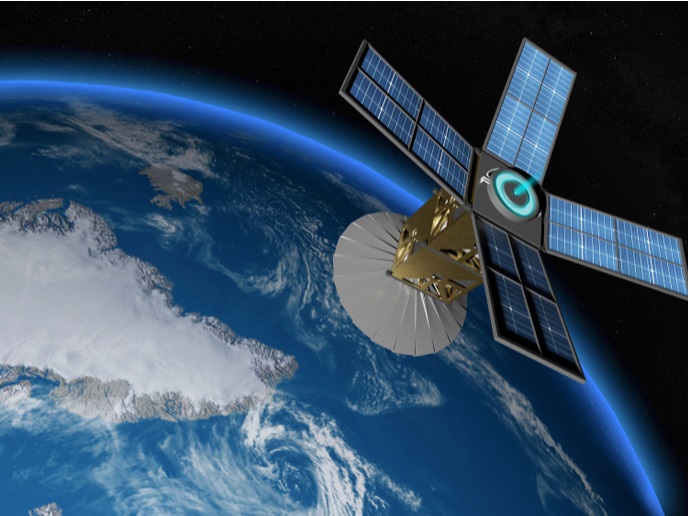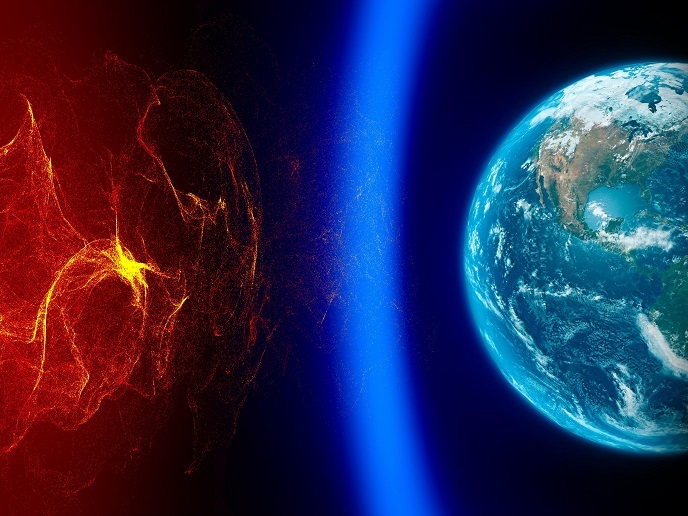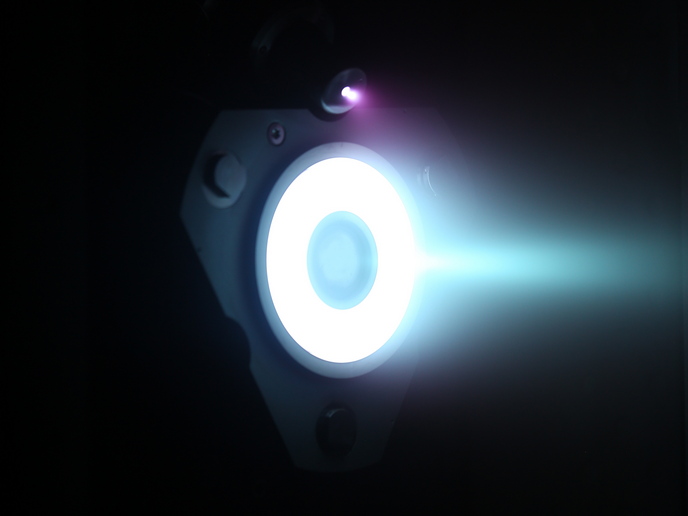In-orbit space operations are on the horizon
Orbital replacement units (ORUs) are modular in-orbit components for space systems, designed to be replaceable or upgradeable. They include deorbit kits, energy storage modules and autonomous docking interfaces used in a variety of operations such as satellite servicing, reconfiguration and maintenance. But according to Javier Vinals, project coordinator of the EU-supported ORU-BOAS project: “While ORUs enhance the flexibility, reduced costs and sustainability of space operations, remaining challenges include achieving interoperability, modularity and sufficient technology readiness.” ORU-BOAS addressed these by developing three ORU concepts, aligning designs with mission needs. These were: long-life power for life support and critical systems; robotic handling and standardised interfaces expediting repairs and reducing risk; and autonomous, lightweight and smart ORUs for deep-space operations faced with limited resupply options.
Modular components for space systems
ORU-BOAS built on the requirements and infrastructure developed by sister project EROSS IOD researching the use of autonomous robots for in-orbit servicing. It also integrated lessons from SIROM interface development(opens in new window) and CubeSat technologies(opens in new window), already providing cost-effective, flight-proven components. The ORU-BOAS team developed the ORU Platform, a modular carrier mechanically attached to spacecraft or stations that securely hosts payloads such as batteries, pumps or controllers. The payloads also include the deorbit kit – hardware controlling re-entry and safe disposal at mission end – including thrusters, propellant tanks and avionics, alongside high-power energy storage and standard interfaces for docking and data/power transfer. The components were developed using open-source architecture, offering increased interoperability, scalability and flexibility, while supporting plug-and-play integration of diverse payloads, with simplified upgrades and servicing. “This open approach also encourages innovation and reduces costs through reusing and standardising components,” adds Vinals from Sener Aerospace(opens in new window), the project host. Tests included the functional validation of payloads at Sener’s facilities in Spain, and robotic docking simulations at the German Aerospace Center(opens in new window). Results confirmed successful docking even at minimal relative distance (between two elements, very close to each other) and validated subsystem performance, with any issues identified successfully resolved. “The advance of our three concepts, alongside our validated modular architecture, paves the way for future in-orbit servicing missions and modular satellite construction, for more sustainable and flexible space missions,” notes Vinals.
Improved services and better environmental stewardship
The achievements of ORU-BOAS support the EU’s ambitions for space operations which exhibit greater innovation and access to space operations. They also offer more sustainability, for example by reducing space debris through improved maintenance, an increasing problem with estimates of 36 000 debris particles larger than 10 centimetres currently orbiting the Earth. “Extending the life of satellites and rapidly updating facilities like Earth observation, will benefit citizens through improved services and better environmental stewardship,” explains Vinals. The team continue to advance the project’s components, integrating the ORUs into operational missions such as the European Commission’s ISOS initiative(opens in new window), refining designs based on mission-specific requirements.







